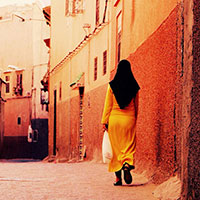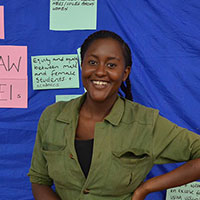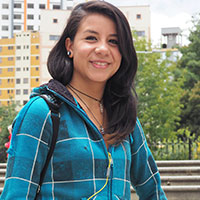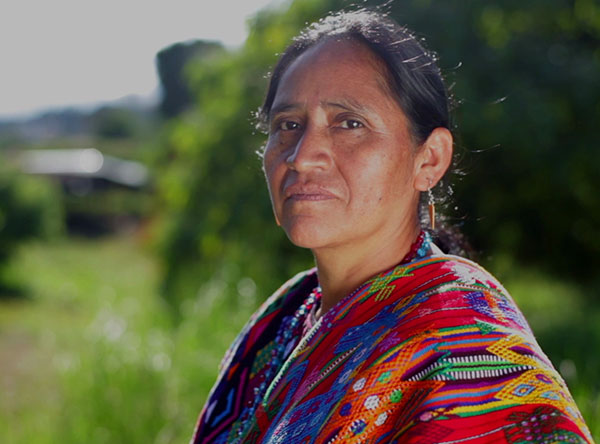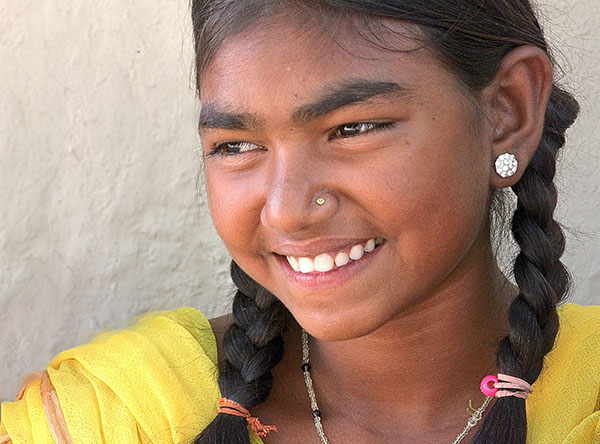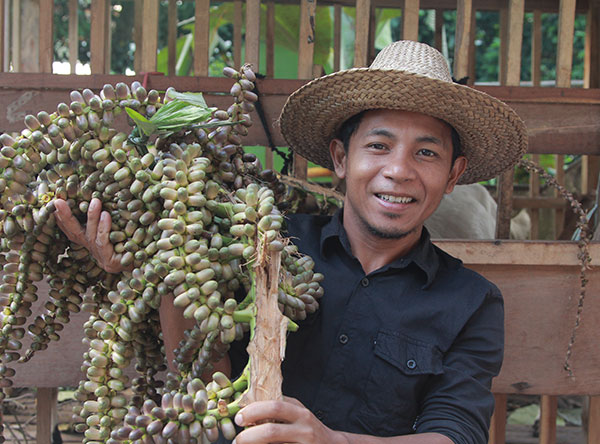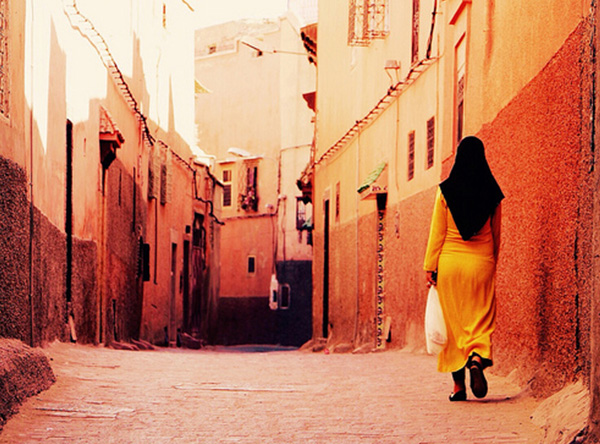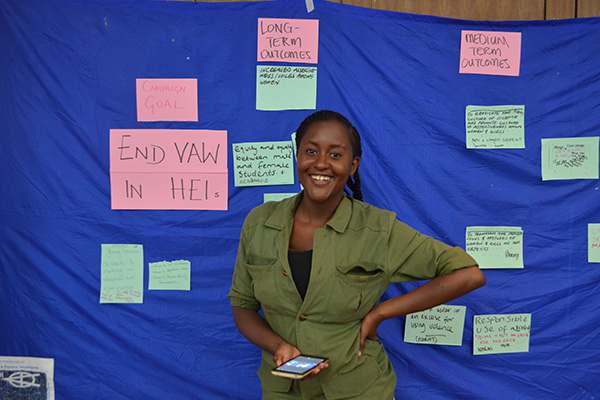Bolivia
“Who said skatebording ain’t for girls”
Meet Danna from Bolivia
Danna is one of the first female skateboarders in La Paz, the capital city of Bolivia. She became a skateboarder despite objections that the sport was not appropriate for girls. Bolivia, like much of Latin America, remains a very sexist society. Levels of violence against women have reached frightening levels, causing the death of more than 100 women last year. This violence takes root in the common belief that women are less than men, unequal in capabilities and unequal in the rights they enjoy. For Danna, the link is clear, controlling what women can and can´t do, is a first step which can lead to other forms of violence.
I remember walking through a city park as a girl with my mother. I told her “Look mum, I want to try that!” I was already imagining myself riding the skateboard, doing tricks. Yet my mother didn’t think this was appropriate, she said “Where do you see girls? There are no girls here!”
I couldn’t settle for this and when I was 18 the first skate park was built in my city. I built up my courage and asked the boys in the park if I could have a try on a skateboard. I thought they would laugh at me. But instead, they let me use their skateboards and encouraged me to follow my dream.

I didn’t tell my mum, because I knew she wouldn’t approve. When I bought my own skateboard, I hid it under the car in the garage. I would tell her that I was going out shopping with my girlfriends, but really I would head down to the skate park at every chance I had.
Skateboarding has taught me many things. Perseverance is one of them. You learn to fall and get back on your feet. To master that one trick, you might fall a hundred times!
Now the skateboarders of La Paz are like a second family to me. Sometimes we travel to neighbouring towns to try out new skate parks. We spend so much time together. They are like brothers to me now.
Now more girls have joined the skateboarding group. There are now at least 50 in La Paz alone! Who said skateboarding ain’t for girls?
SHARE Danna’s story and #SayEnough: together we can end violence against women and girls.



